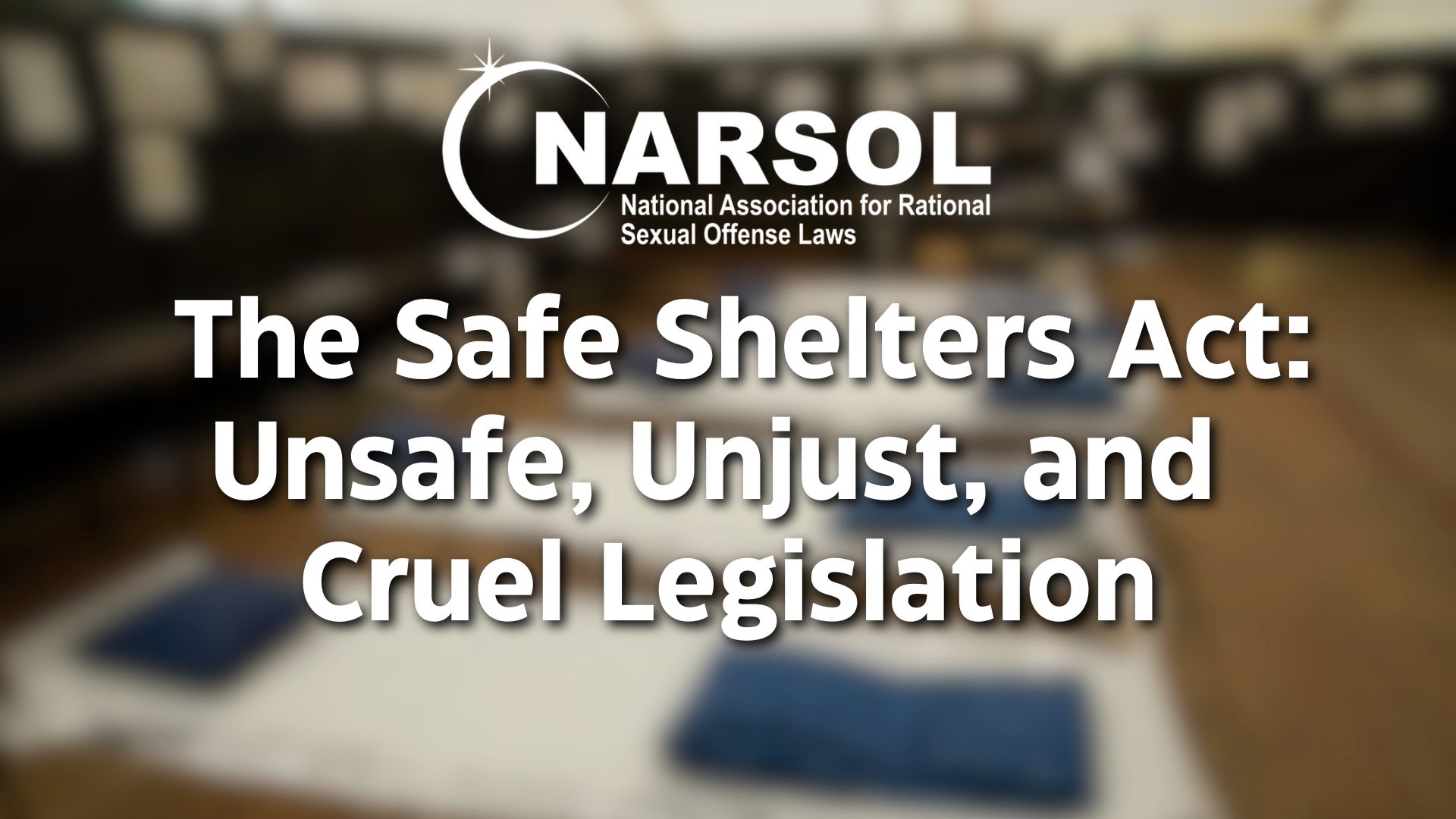Extended NARSOL in Action big success
By Sandy . . . NARSOL’s latest marathon NARSOL in Action telephone conference call combined three topics of high interest and urgency for persons on sexual offense registries and those advocating for them.
During the first hour, we had an attorney from the ACLU of Michigan, Paul Reingold, discussing a class action lawsuit filed there. Growing out of Michigan v. Doe, this suit addresses the constitutionality of Michigan’s sex offense registry. Rulings of unconstitutionality were made in 2016, and a decline by the U.S. Supreme Court to hear the case on appeal left the ruling from Doe intact.
Nothing has been done by the state to address the situation. It is important that NARSOL members and supporters keep abreast of current litigation that could, somewhere down the road, affect them and their families.
Hour two was devoted to the telephone scams targeting registered citizens that are making their way around the country. Those with first hand information, from Oregon to Florida, called in to share their experiences on air. Lori Hamilton, affiliate leader of one of NARSOL’S Oklahoma groups, was on the air with Larry explaining some of that state’s attempts to identify the scammers.
We learned quite a bit of information. The scammers in general are sophisticated and very believable. A common thread among most of the calls was being told that a criminal warrant had been issued for some form of non-compliance and then being given the option to settle the matter “civilly.” This often involved purchasing gift cards in various amounts. Most of the calls came late at night, some very, very late.
When registrants involved actual law enforcement or registration personnel, some of them were respected and some were not. More than one story revealed the fact that, in more than one state, authorities would not even allow a report to be filed.
These scam attempts are highly unlikely to cease. All on the registry need to be aware that NO criminal charge can be resolved civilly. Neither law enforcement nor registration personnel call registrants to tell them they are out of compliance or to ask for money or gift cards to settle the situation. Do not ever comply with these requests.
And even though the response may not be what it should, those who are targeted should notify actual law enforcement and insist, even if discouraged, on making a report about what happened.
Hour three dealt with the topic of international travel, specifically the legislation known as International Megan’s Law which requires, among other things, for the passports of some on the registry to have a special designation.
Paul Rigny of RTAG – Registrant’s Travel Action Group – was on the program, along with Louisiana attorney King Alexander, to discuss this topic. Registrants whose offense involved a minor who are traveling internationally, or are planning to so, should be prepared to be told at some point, if they have not already been, that their passports have been revoked and that they will be issued a new one bearing the special marking.
The discussion also included possible legal challenges that could result from some of the provisions of IML. The topic was so popular that callers wished to extend the time so that they might pose questions, and Attorney Alexander complied by staying and answering, thus turning hour three into hour three and a half.
The audio of all three and a half hours may be heard here: https://narsol.org/narsol-in-action/


